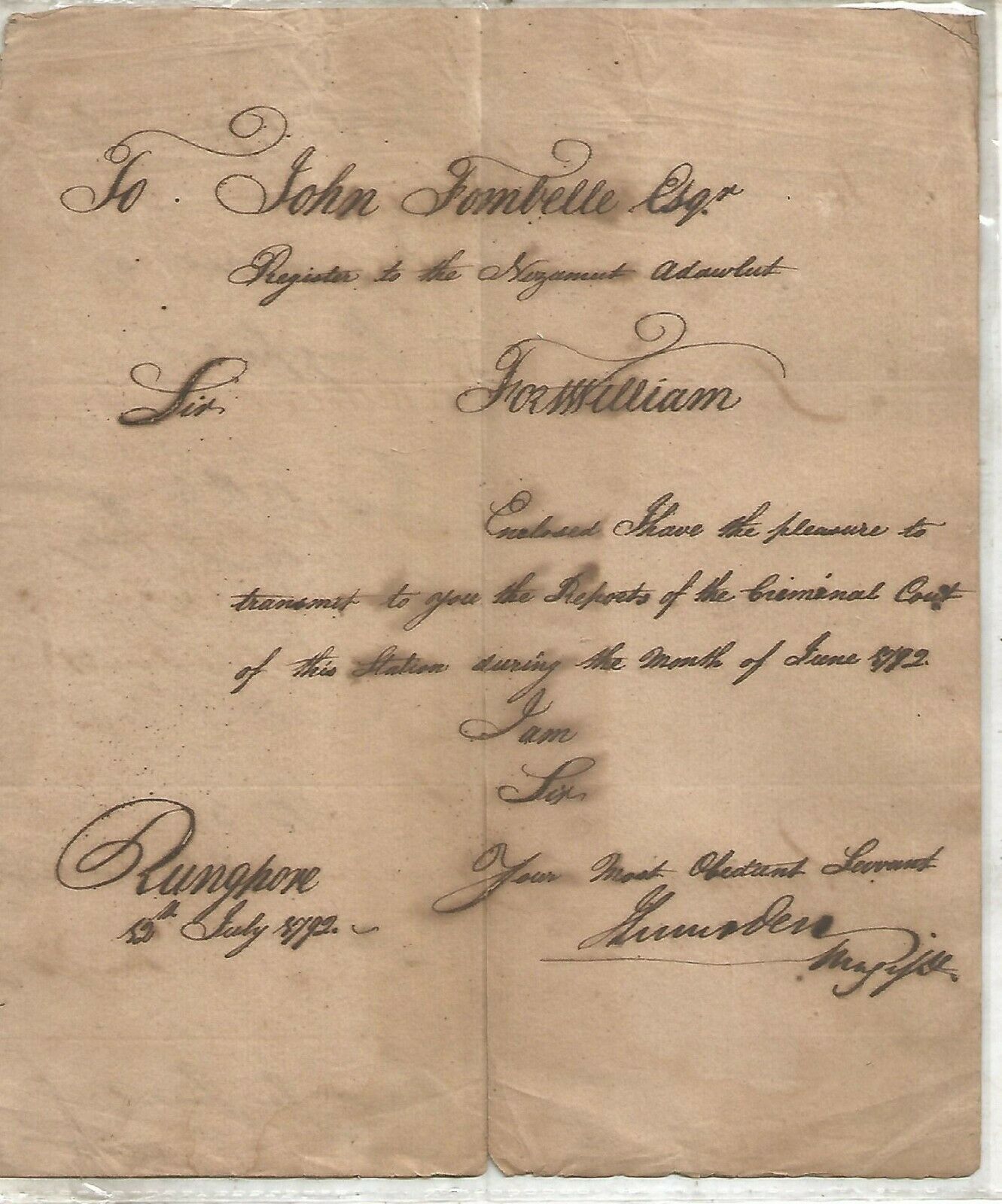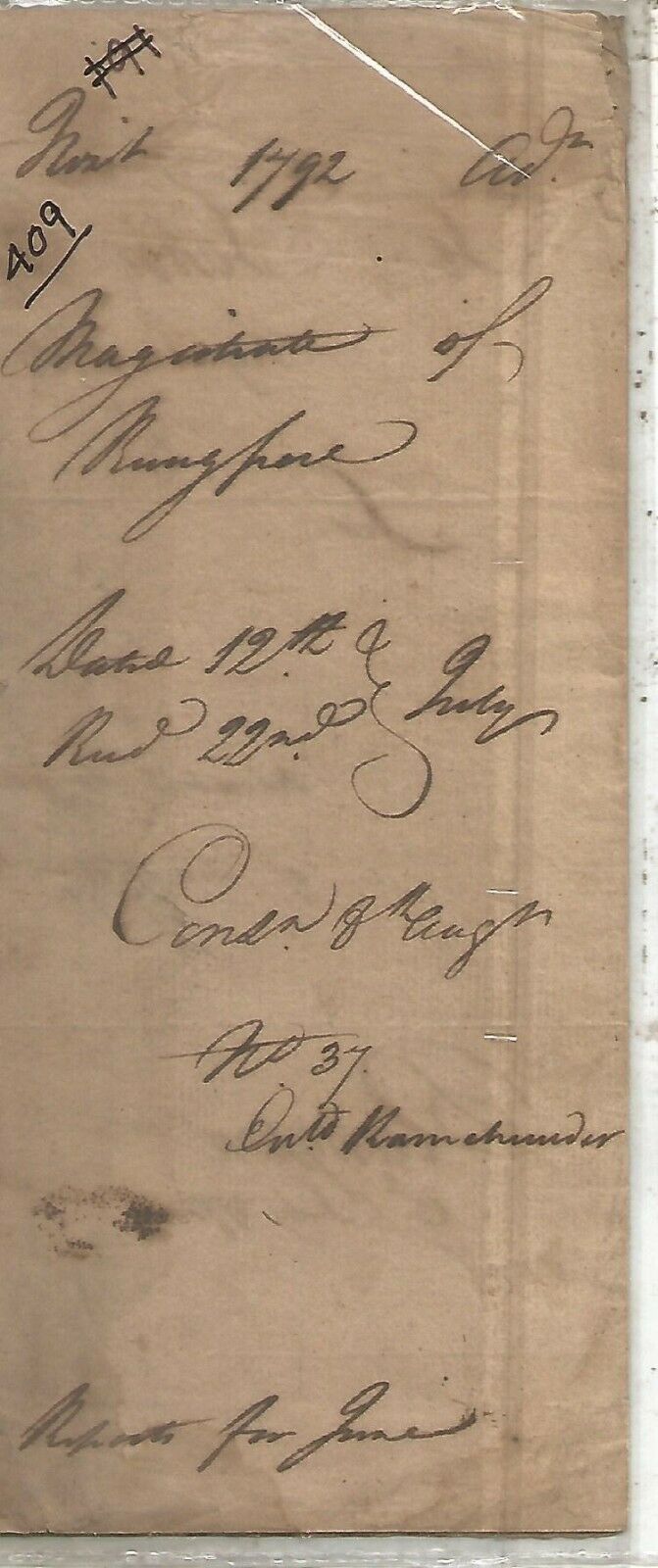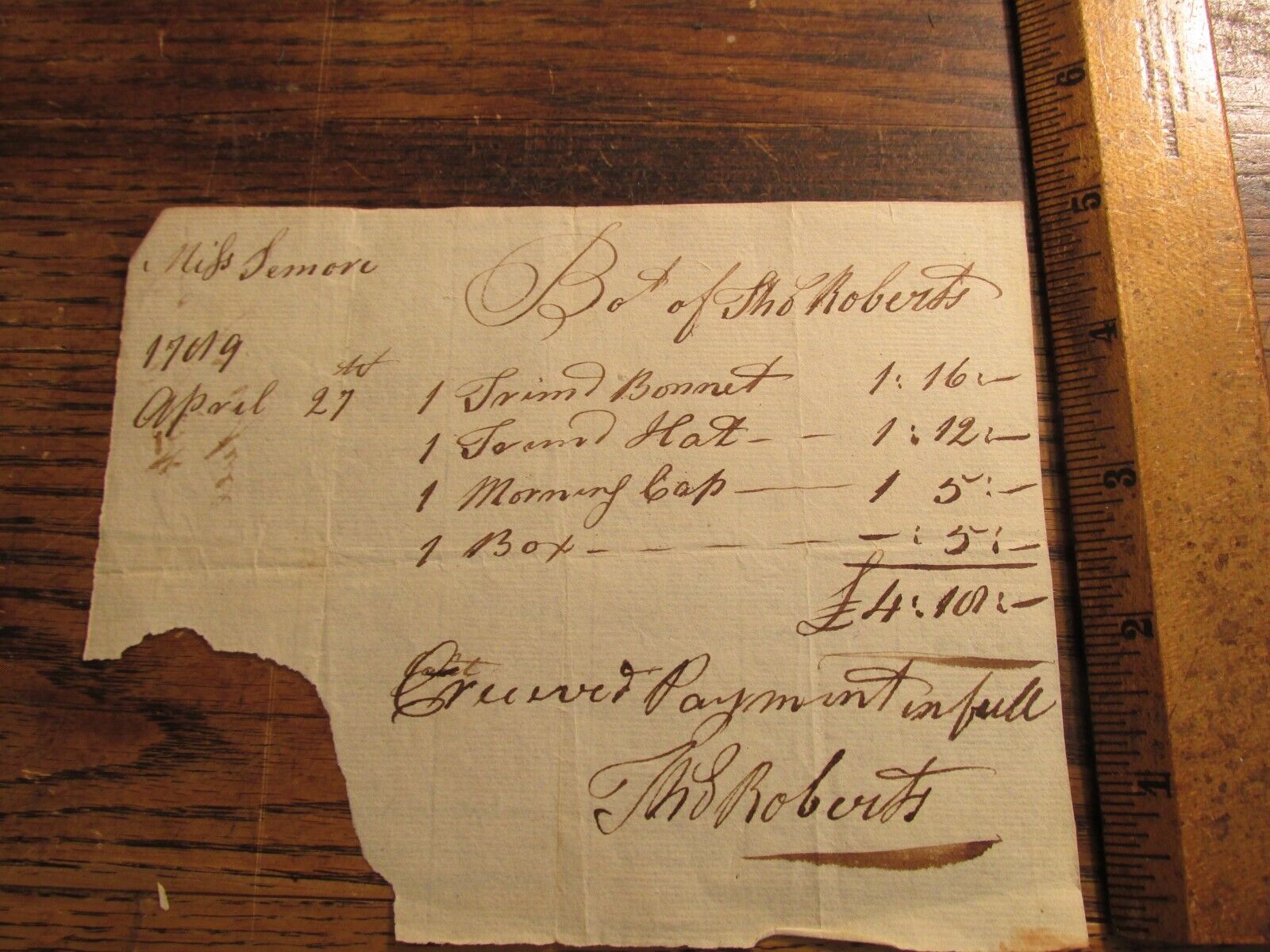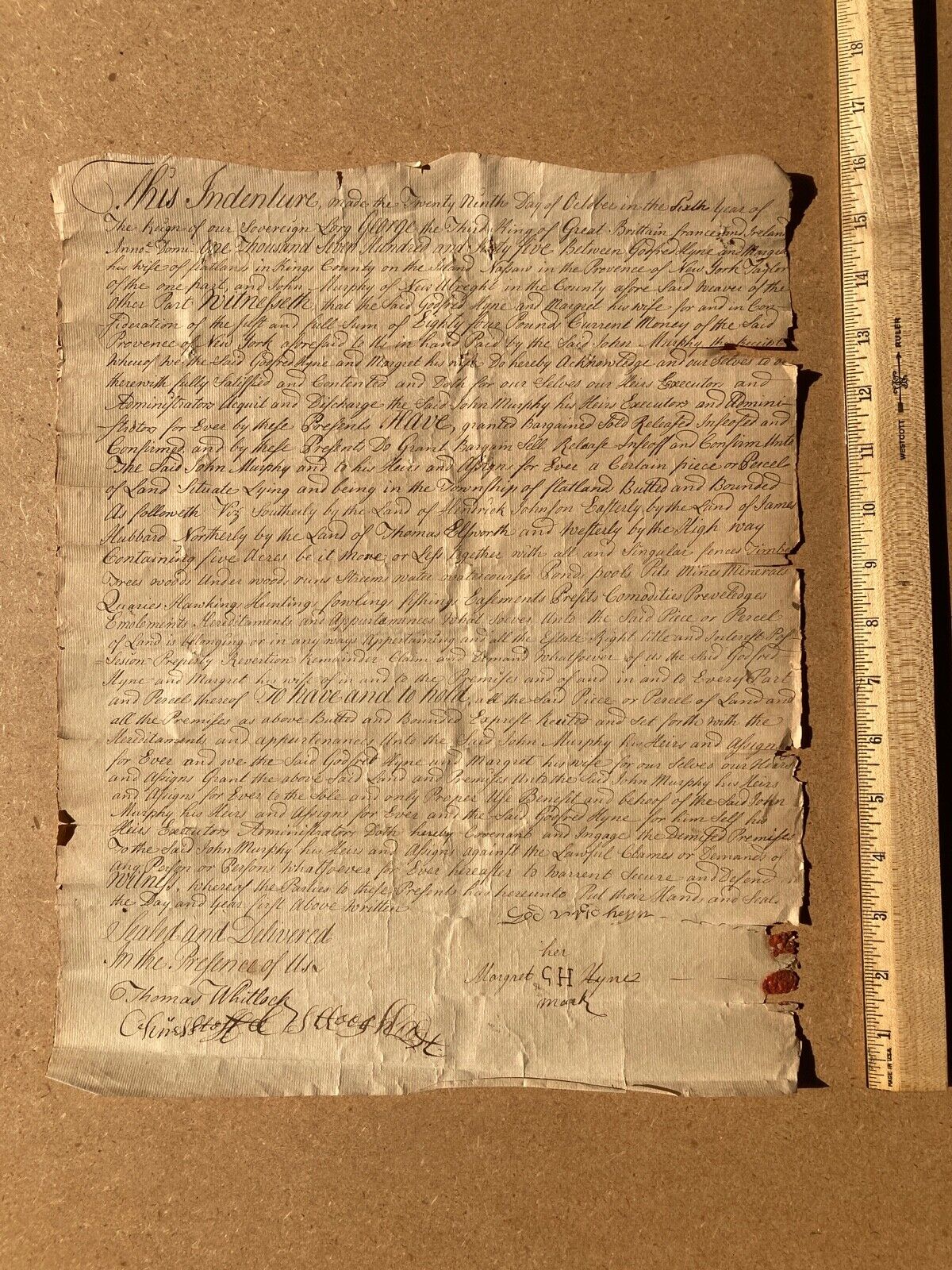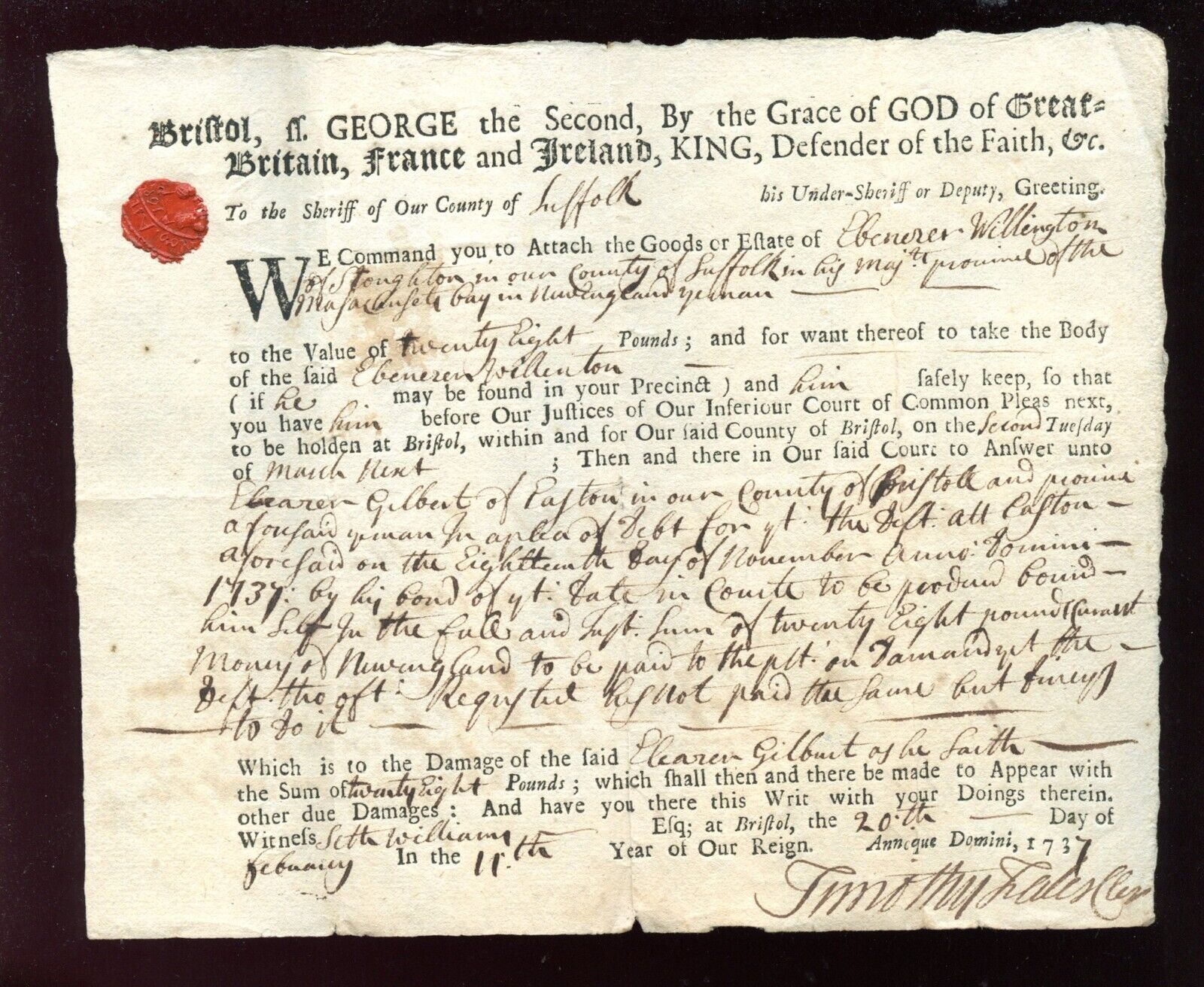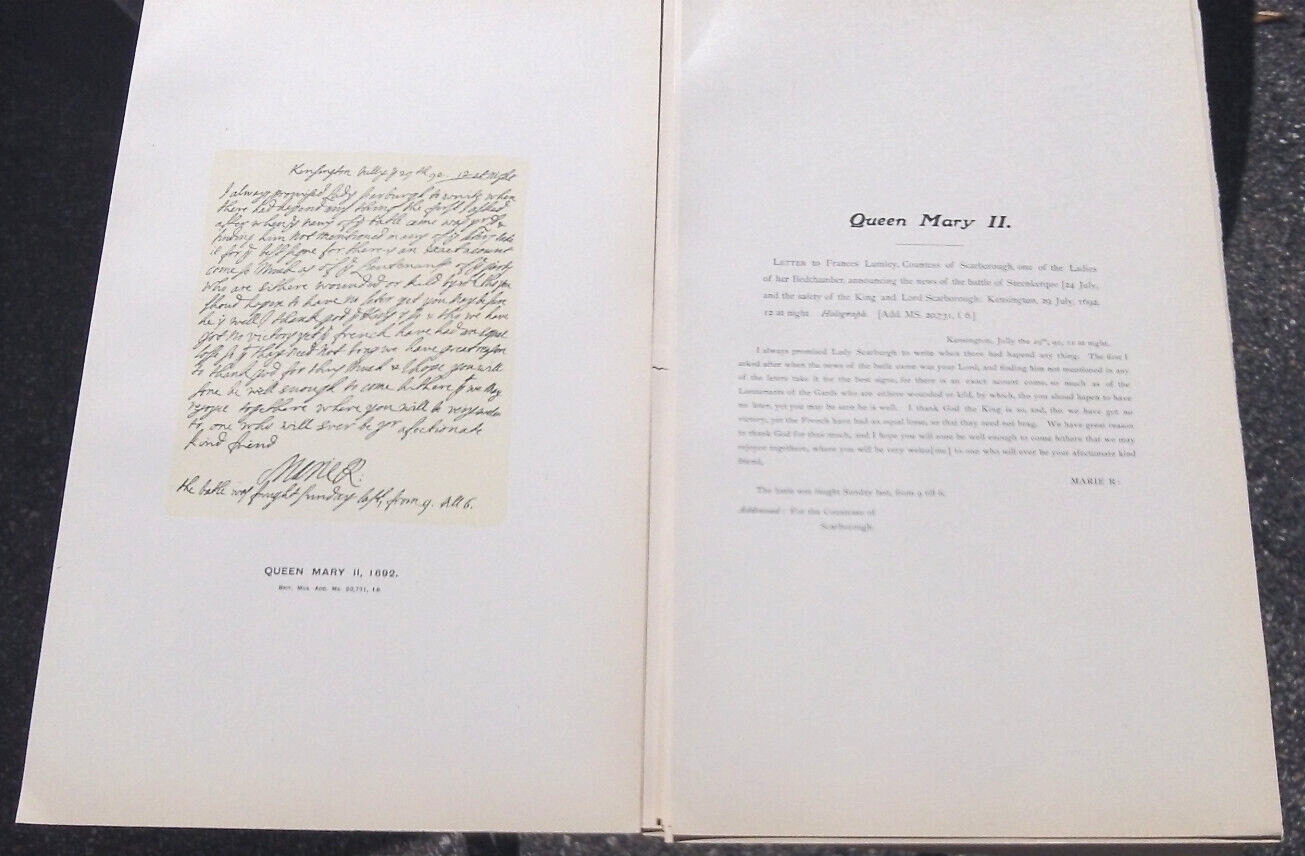-40%
1792 J Lumsden’s reports of Rungpore station to J Tombelle Register Fort William
$ 0.52
- Description
- Size Guide
Description
1792 J Lumsden’s reports of Rungpore station to J Tombelle Register Fort William1792 J Lumsden Magistrate of Rungpore transmits reports of criminal cases of Rungpore station to John Tombelle Register to the Nizamaut Adawlut apex court at Fort William
John Tombelle
was Register of the Sudder Dewany and Nizamut Adawlut in 1792. He became a Puisne Jude of the Sudder Nizamut Adawlut apex court at Fort William. In 1815 29 April and 4 June, he along with 2 other Senior Judges
James Steward and Robert Kerr of the Sudder Nizamut Adawlut apex court at Fort William signed an order prohibiting self immolation of very young Hindu widows in the funeral pyre of her dead husband in the name of committing ‘Suttee’.
Nizamat Adawlut
or courts are Alipore, Dacca, Moorshidabad, Patna, Benares and Bareilly courts and Supreme Court is the Calcutta Court for Europeans and Calcutta inhabitants, all under the same jurisdiction of Sudder or apex court at Fort William. Sentences passed by Magistrates and Circuit courts had to be referred to Sudder apex court of Nizamut Court or Adawlut, for modification if necessary. Dewanny court is Civil court. Court for Relief of Insolvent debtors is a wing of Calcutta Supreme Court. Nizamut Adawlut means Nizam’s Court or Bengal Nawab Nizam of Moorshedabad’s Court, or the courts under the Emperor of India in the overall India context. It is separate from Supreme Court or the English King’s court of 1774. After 1857, there was no muslim Emperor, he
, the poet,
having been transported to Rangoon, wrote few nice poems, died and buried there in unmarked grave. High Courts were constituted in 1862. There was a transition period for 5 years. Court language was Persian besides English.
Water Mark: Not seen
Item Condition: Good stable despite split at bottom of middle fold, given a protective cover
